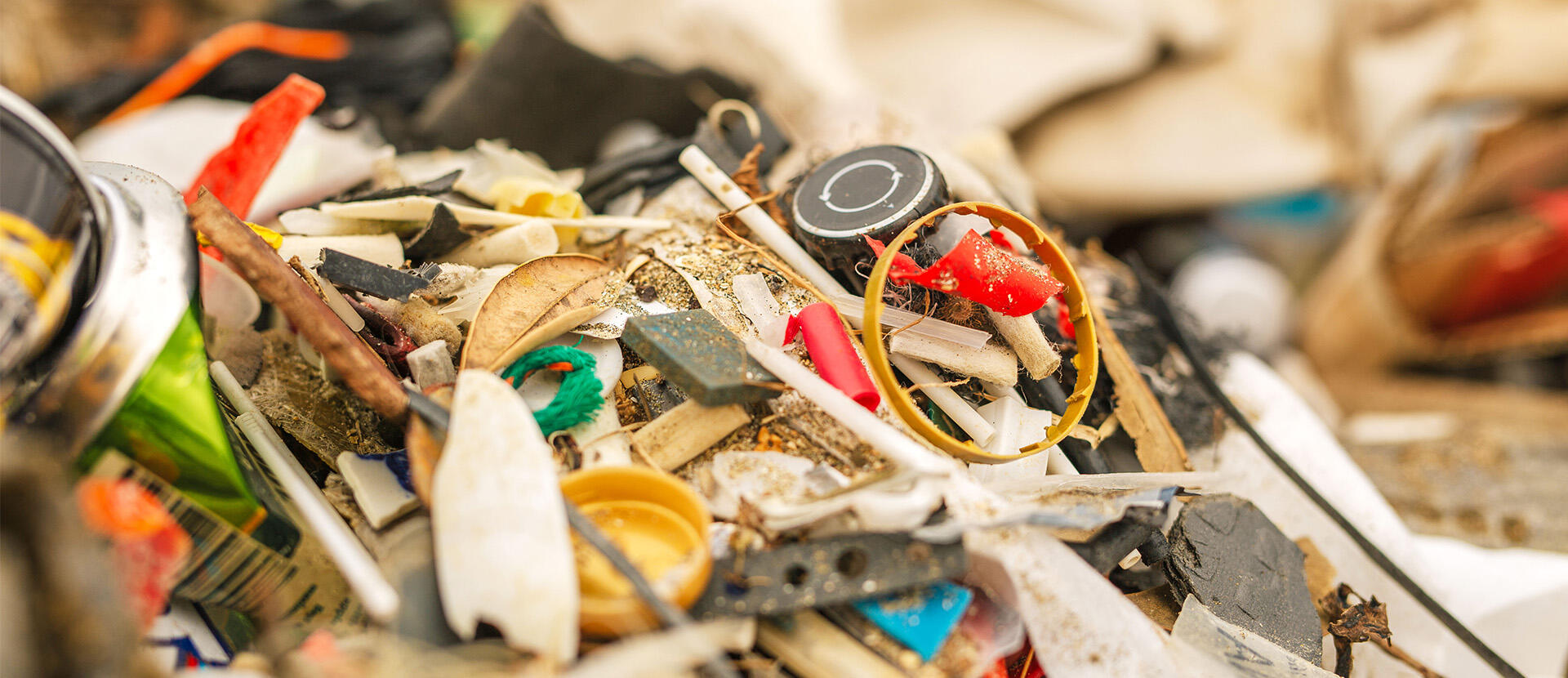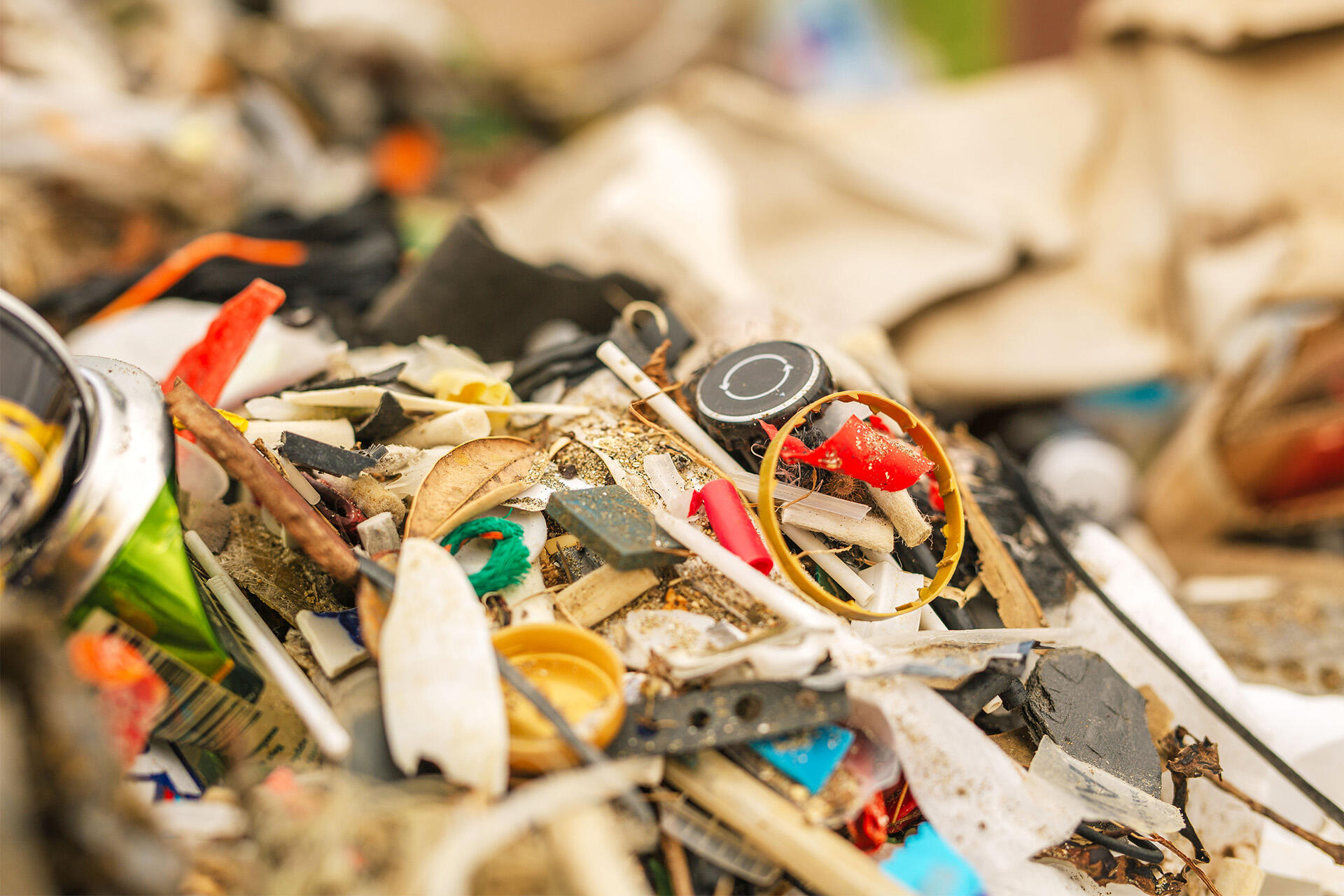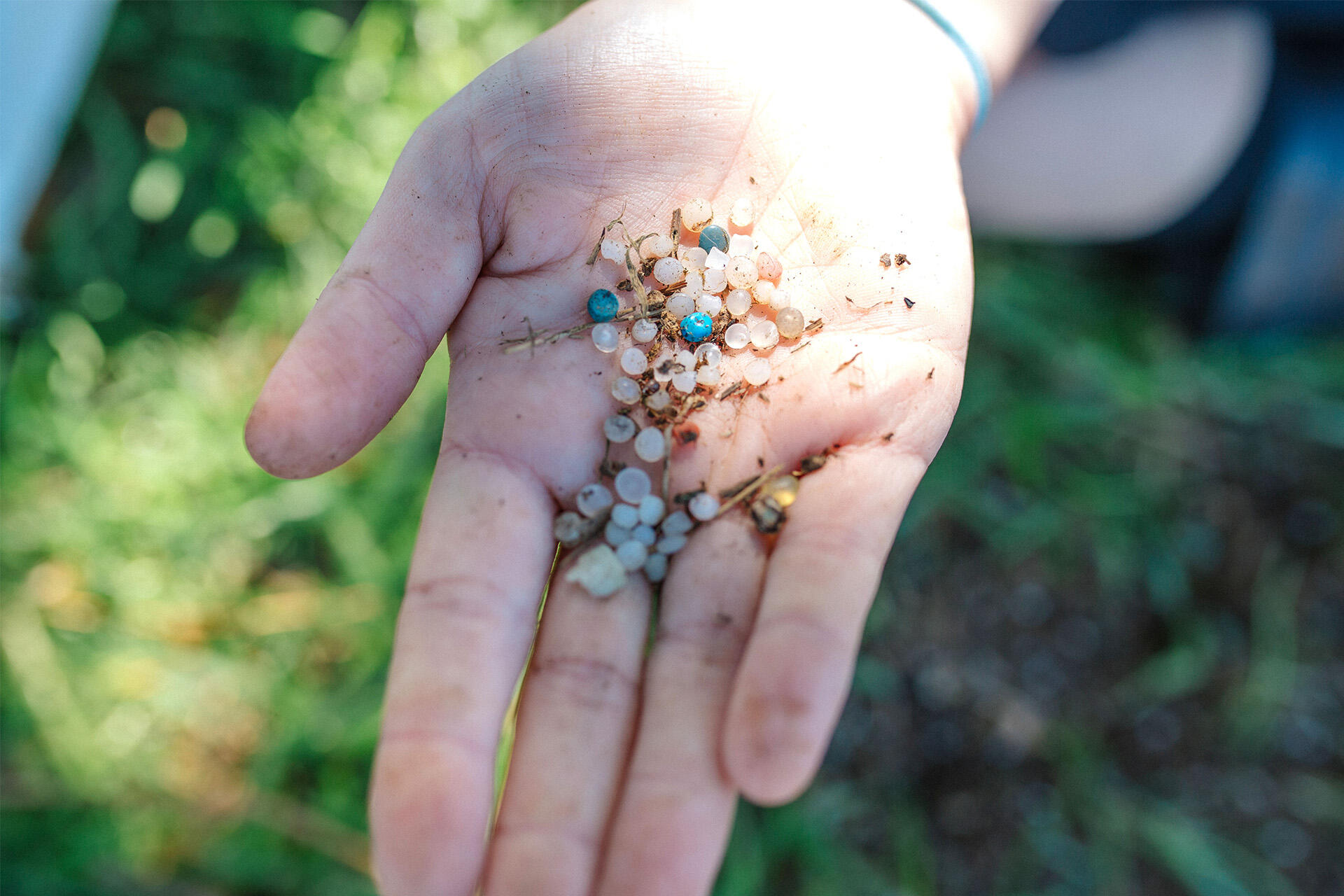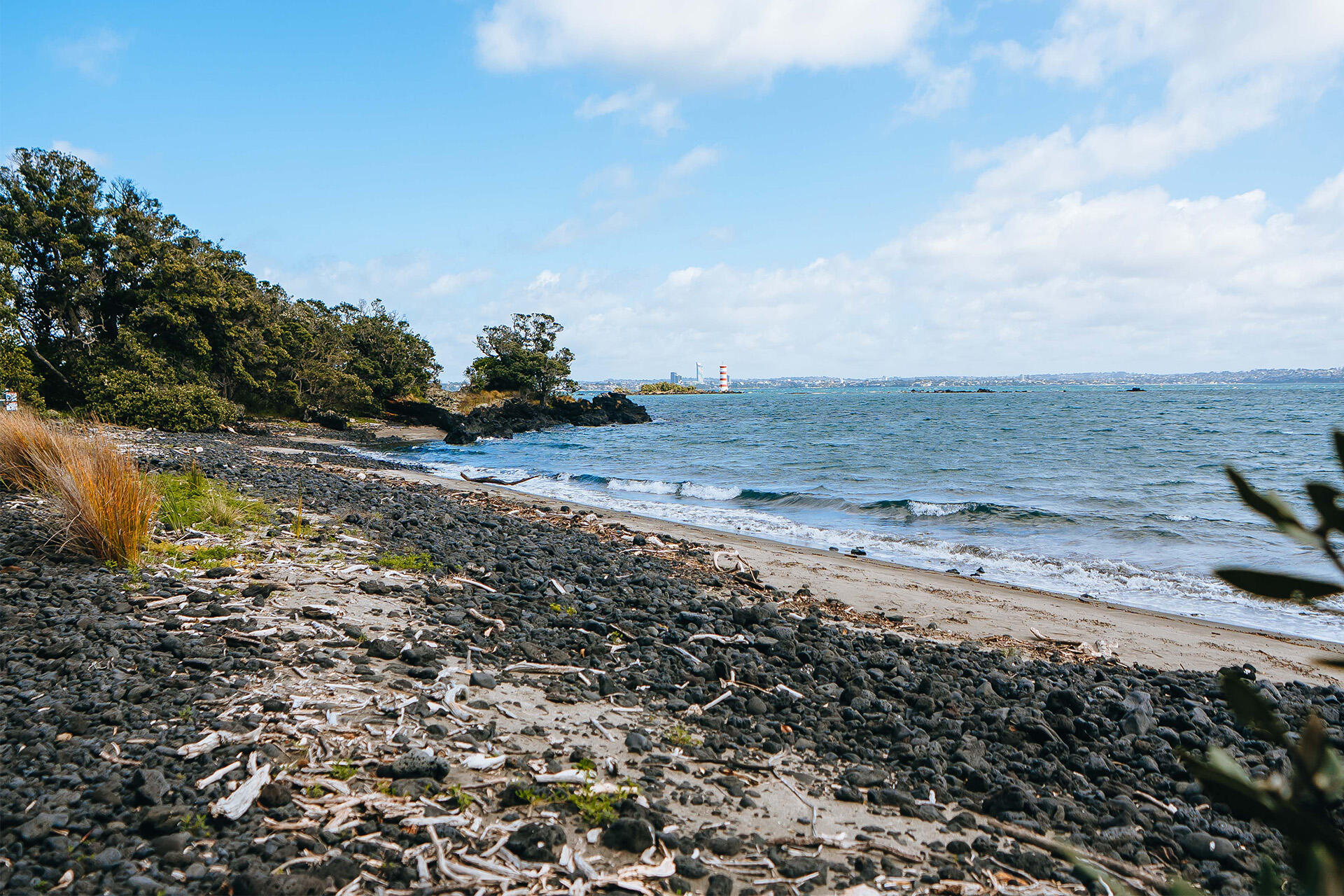According to Ocean Conservancy, 11 million metric tonnes of plastic (waste) flows into our oceans each year. Additionally, there’s an estimated 200 million metric tonnes of plastic already circulating in our marine environments that’s continuing to break down into microplastics, and progressively, into nanoplastics. These tiny particles can end up in the kaimoana that is vital food for other marine species and for local communities.
In Aotearoa alone (a country with 15,000km of coastline) our conservation colleagues at Forest & Bird report that plastic makes up an astounding 78 percent of all waste on our beaches!
Over the years, our Zoo veterinary team has seen first-hand the impacts of some of this plastic on wildlife, from fishing twine (that can last in our oceans for to 600 years!) to plastic bags, bottle tops and tags, to bottle and balloon pieces. They have treated species from honu/sea turtles, kekeno/fur seals, and birds including gannet, and even takahē. Just recently, they treated a southern giant petrel that sadly had to be euthanised due to a severe wing injury, that also had approximately 1m of elastic in its ventriculus (digestive tract).
The most dramatic case of the impact of plastic pollution was seen in an Endangered Hawksbill turtle that starved to death due to having 106 different pieces of plastic (including 2.5m of fishing twine) blocking its intestines.
“Experts predict that if our current levels of plastic production and use continue, by 2050 there will be more plastic in our oceans than fish! That’s not a future any of us want,” says the Zoo’s environmental initiatives advisor, Claudine Gibson.
“Buying less and reusing what we have, are actions we can all take to help turn things around and live more sustainably, and in harmony with nature. Shopping at places where we can refill plastic containers and bottles we already have with food, washing and cleaning products, and putting approved plastics (labelled 1, 2 & 5) into our recycling bins are also great ways to help prevent plastics ending up in our lakes, rivers, and oceans,” advises Claudine.





